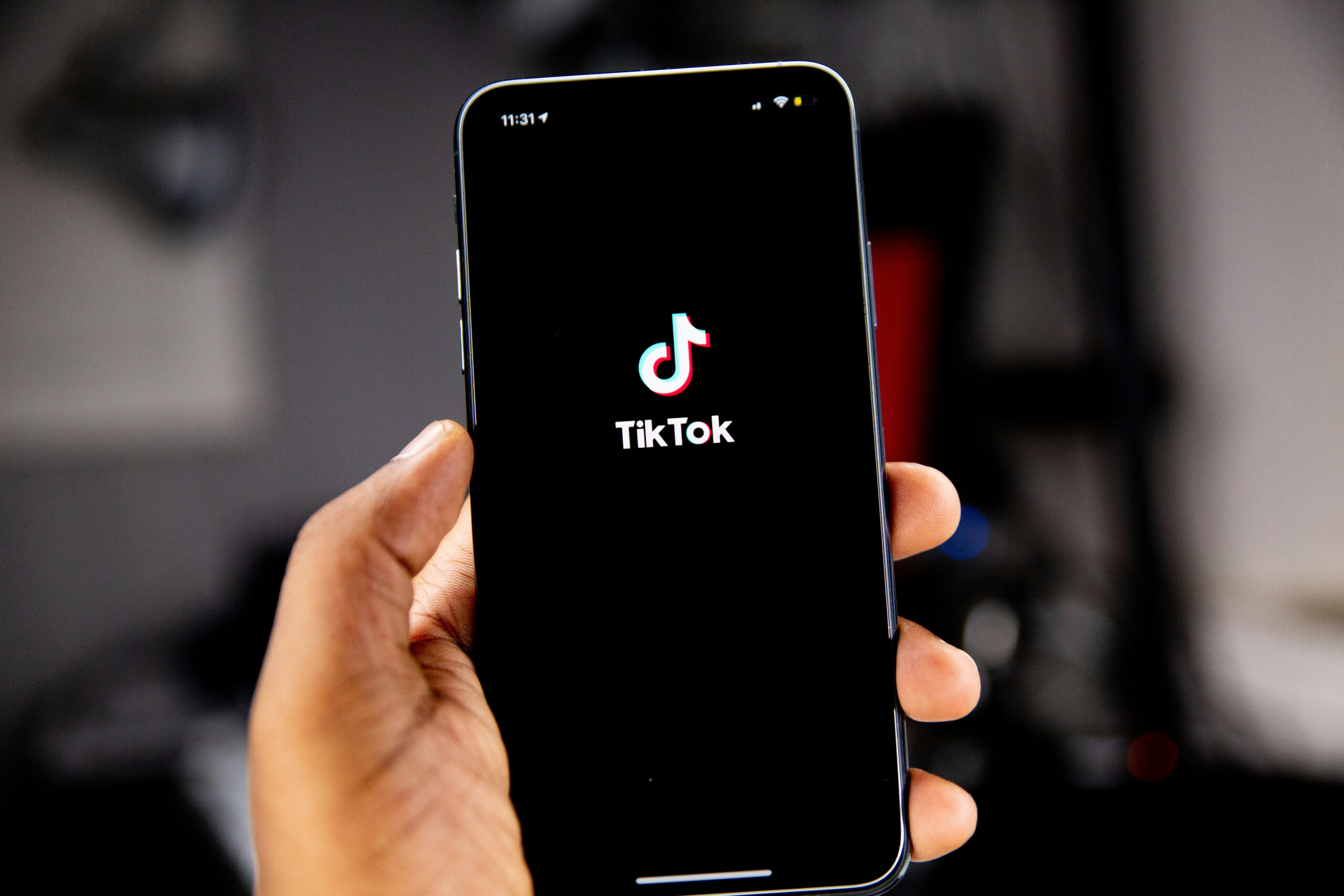Generative AI is reshaping legal practice, offering mid-tier Australian law firms transformative tools. AI accelerates research, organises complex document sets, and frees lawyers to focus on higher-value work. However, these technological benefits arrive with significant professional responsibilities. Effective AI usage is essential for maintaining client trust and the integrity of the legal profession, while misuse can lead to breaches of confidentiality, poor legal advice, and reputational harm.
Ethics Remain Essential
The arrival of new technology does not absolve lawyers of their ethical obligations. The Australian Solicitors Conduct Rules outline duties that remain fundamental, especially in the era of AI. Competence and diligence require lawyers to deliver accurate and prompt work. Client confidentiality must be upheld. Independence and sound judgement are non-negotiable. Lawyers, as officers of the court, must never mislead. Supervision is critical when staff use AI tools. Ultimately, AI can support legal work, but cannot replace a lawyer’s professional responsibility to verify, explain, and stand behind their work.
Guidance from Courts and Regulators
Australian courts and regulators are already providing direction. Recent practice notes and regulatory guidance clarify that AI may summarise or index documents, but only if a lawyer reviews and verifies the results. Crucial legal documents, such as affidavits, witness statements, and expert reports, must reflect personal knowledge and not rely on unchecked AI-generated content. Regulators warn against using AI platforms that retain or train on confidential data unless robust contractual and technical safeguards are in place.
Insights from the ALRC President
At the Australian Law Forum 2025, Hon Justice Mordy Bromberg highlighted a crucial perspective: lawyers should see AI as a law reform challenge rather than just another tool. He began his speech with, “In a legal world about to be transformed by Artificial Intelligence, lawyers need to lean into and enhance the uniquely human skills we have that AI will complement but cannot replicate”. He also added, “AI is not just another new product; it is a different species of technology,” emphasising its autonomy and scale, and its impact across the legal landscape. Justice Bromberg also differentiated between intelligence and wisdom: “Wisdom is a skill of a greater degree of order than mere intelligence.” This distinction underscores that while AI can rapidly organise knowledge, it lacks the human judgement, emotional understanding, and ethical awareness vital for sound legal advice.
Practical Steps for Mid-Tier Firms
A massive legal tech overhaul isn’t necessary to act responsibly. Begin with clear policies, training, and oversight. Consider these practical steps:
- Define Acceptable and Prohibited Uses: Specify where AI can assist, provided a lawyer verifies the output, document review, initial research, and draft private memos. Prohibit AI from finalising affidavits, witness statements, or expert reports.
- Protect Client Confidentiality: Never paste confidential client information into public AI tools that may store or reuse inputs. Opt for enterprise-grade solutions with stringent data use agreements, or keep sensitive work in-house.
- Verify Outputs: Make verification a mandatory part of your workflow. Double-check citations, facts, and legal reasoning. AI errors (“hallucinations”) can occur, and if they appear in court documents, it’s the lawyer and firm who are accountable.
- Keep Human Judgement Central: Treat AI as an assistant, not as an authority. Lawyers must always make the final decisions, ensuring professional independence and context-sensitive, ethical judgements.
- Be Transparent with Clients and Courts: Disclose AI use when it affects billing, deliverables, or the reliability of evidence. Courts may inquire about AI use; honesty fosters trust and prevents surprises.
- Invest in Training: Competence now includes understanding AI’s strengths and limitations. Short, practical workshops for lawyers and support staff can reduce risks and improve outcomes.
- Audit and Update: Keep records of AI use, regularly review them, and update policies as evolving products and court guidance require. An audit trail helps answer inquiries and demonstrates due diligence.
- Fees and Fairness: If AI speeds up routine work, ensure fees reflect the lawyer’s expertise and judgment involved. Clients expect value, but also expect that professional duties are being met. Transparent conversations about AI’s role and billing practices help avoid misunderstandings.
A Balanced Approach
Justice Bromberg expressed this balance well, describing AI as “potent and indispensable,” but also cautioning, “it is wrong, however, to say that it is unstoppable and therefore that it cannot be regulated.” For mid-tier firms, this is reassuring: AI can boost productivity, increase access to justice, and let lawyers focus on complex, high-value work. Yet the most essential aspects of legal practice, building client relationships, advocating before tribunals, and exercising wise judgement, remain fundamentally human.
Professional duties should guide every decision. Write clear policies, train your people, protect client data, verify every output, and be open with clients and courts. Use AI to amplify your firm’s strengths: insight, judgement, advocacy, and trusted client care. By doing so, your firm will reap the productivity benefits of AI while preserving the profession’s ethical core.



